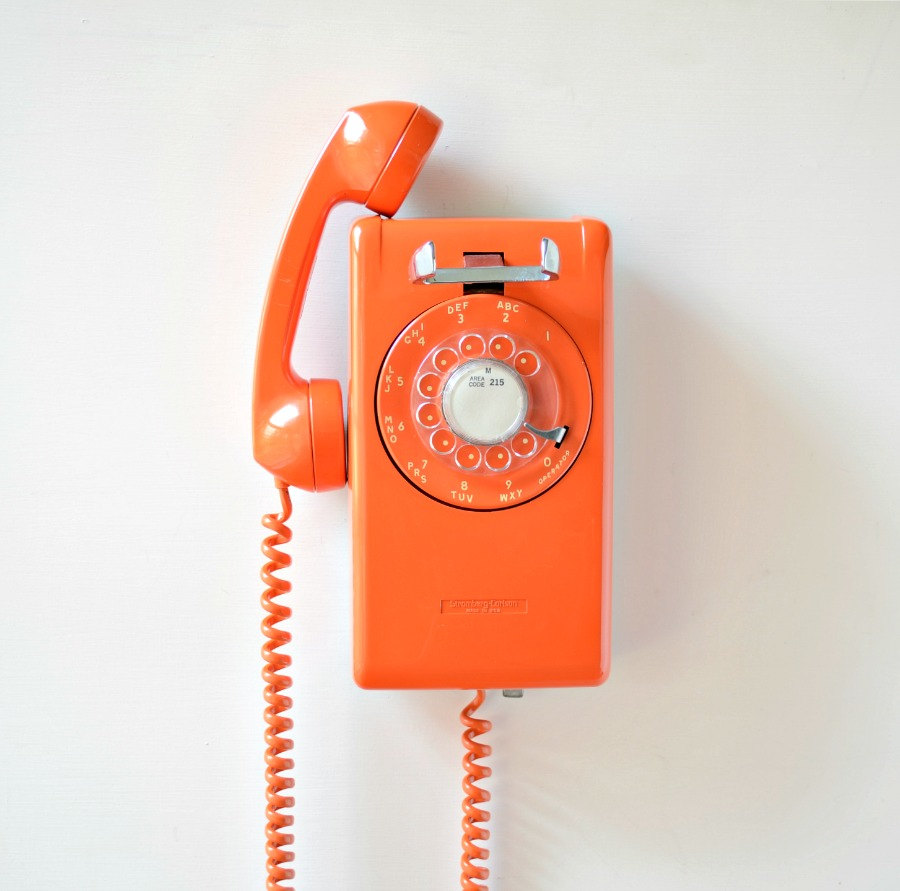What the title says. Sure, it’s gentle on the environment, but it doesn’t remove soap scum, grease, grime etc anywhere nearly as effective as other products. I also doubt its efficiency as an antibacterial compared to say alcohol or most detergents.
There, I’ve said it.
It’s amazing for getting mildew funk out of towels. Also great at killing the funk in whitewater neoprene booties and bike helmets.
I wouldn’t use soap to flush my camper van’s water system either. A few runs of vinegar killed the plastic taste.
Yes, that I’ll give credit for. I’ve removed mold from wood and leather using vinegar, whereas using just soap would make the mold return. (Still, it will come back if the conditions for mold become suitable once again, but it won’t bounce back immediately). My point is that it’s not a miracle-cleans-it-all as many will make you believe.
It’s just one of the most familiar weak acid solutions you can find in a house already. Citric acid does the same thing without the gross smell.
Chemistry.
Vinegar is an acid. Acid dissolve things like limescale. Bicarbonate/baking powder is a base. Bases dissolve fats.
This is why bathroom cleaning products most often include really strong acids and kitchen cleaning products include strong bases.
Drains often suffer from buildups of a combination of soap and limescale. The most common method relies on a heavy base: lye (Sodium Hydroxide).
I hate it so much when people use vinegar to clean the kettle. It basically makes the kettle unusable for hours, no matter how much you rinse it out the vinegar taste will persist.
Citric acid works just as well and the kettle is usable right after cleaning.
You shouldn’t be using antibacterial soaps to begin with. They increase the risk of bacteria becoming antibiotic resistant and are no more effective than regular soap, anyway.
Hypochlorous acid (that’s hypo - chlorous NOT hydro - chloric, different stuff) is a far better sanitizer and household spray cleaner to replace Windex and 409/Fantastic type products.
It’s also safer for you and better for the environment. Antibiotic resistance isn’t a thing with this type of sanitizer (similar to alcohol or bleach in this respect).
https://duckduckgo.com/?t=h_&q=hypochlorous+acid+generator
Vinegar is great for rinsing soap off of surfaces like glass, steel, formica, ceramic, and rinsing laundry in the final rinse. It also helps to set dies in clothing. Hot vinegar works great for getting lime scale out of tea kettles and pots & pans, and sinks. It also really does help to remove odors.
The only thing I would ever mix it with is classic blue Dawn (Fairy-green) dishwashing liquid to clean the shower walls.For grease, like burnt pans, use Baking Soda (Bicarb). Dump it on dry and use a sponge to scrape it away, add a little dish detergent and it will all go. This is the best way to clean stainless steel as well.
Mixing vinegar and baking soda results in producing water + sodium acetate. Sodium acetate is not a cleaner, it’s the flavoring of Salt & Vinegar potato chips.
Other than laundry detergent, my only other cleaner is Sal Suds by Dr Bronner. It’s VERY concentrated and lasts a long time.
I started typing, and realized I have too many opinions about this. I’m sorry.
Vinegar is decent at dissolving sugar, and in that context it works really well for what it is. I usually buy a big jug of it for both cooking and cleaning, but a general purpose cleaner it is not. Side note, adding a small amount to ground meat helps the meat flow a bit better for meat pies or taco mix.
For grease and grime cream of tartar works really well. I cook with stainless steel and sometimes egg or something will burn and stick to a pan. I throw a whack of cream of tartar in the pan along with some water and the pan will pretty much self clean on the stove.
If you’re doing dishes by hand because dishwashers aren’t meeting your expectations, there’s a Technology Connections video about using dishwashers that’s worth a watch if you’ve got 45 minutes to spare and don’t mind watching a midwesterner beat a topic to death in the best way possible. Eco-friendly powders exist. Really, the appeal of a dishwasher is to use the mechanical force of water to clean.
For purely antibacterial you just ain’t gonna beat alcohol. I mean… it’s used at hospitals. For glass cleaning a 50/50 mix of distilled water and pure alcohol won’t leave streaks.
A mix of lemon juice and baking soda will get rust stains out of some surfaces. Baking soda paste, followed by some vinegar will clear out toothpaste in a drain.
Probably the harshest chemical I use is bleach, but I only use that for the toilet. Easiest way to clean porcelain by far, and you don’t need that much… and really it’s kind of a set and forget thing.
I feel like it’s worth noting that the baking soda + lemon juice probably doesn’t work as well as just lemon juice alone. By mixing an acid and a base, you’re neutralizing one of them and leaving yourself with just a smaller concentration of the other.
I see this misconception all the time, but it’s particularly bad when people say to mix baking soda and vinegar to clean with. We’ve all made baking soda volcanoes, right…? I wouldn’t wanna clean with something that behaves like diet coke and mentos, not to mention the fact that it’s literally just not as effective as either chemical alone.
The actual good way to do it that I’ve seen recommended and used myself to good effect is a baking soda paste that’s left to set and seep in a bit, and then wiping with a rag soaked in vinegar so that the exothermic reaction helps, refresh vinegar as needed. But that’s a lot more work than telling people “use baking soda and vinegar, the fizz means it’s working” and that’s the reason they put lauryl sulfates in shampoo despite it doing nothing
That’s fine! You have a lot of opinions. My beef is with those who have only one opinion: that vinegar is the one and only and the greatest.
Also I didn’t know tartar could help with grease. I’ll keep in mind.
It certainly has its place but I know too many people who swear by it as an all purpose cleaner. It just isn’t. The smell is a bit much too.
Exactly this






